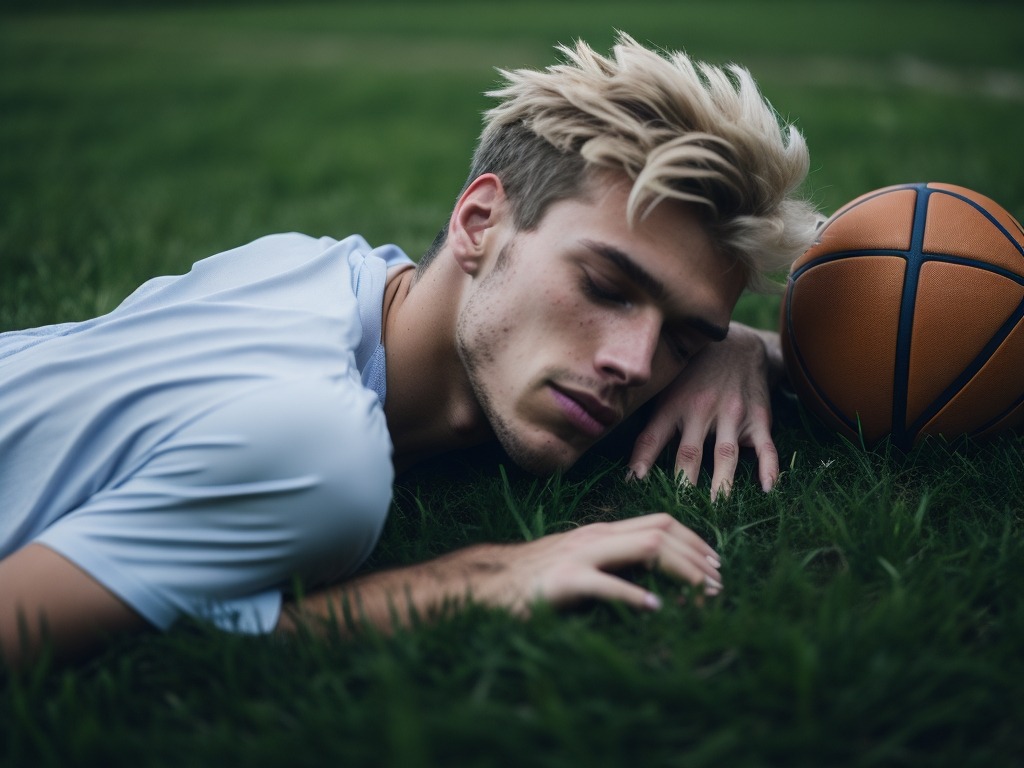Multiple scientists have questioned the influence of sleep patterns on sleep paralysis (SP). Japanese authors Masako Hoshikawa, Kazuhiko Fukuda, and Takamasa Kogure decided to study this connection in athletes. Previous research has noted that a quarter of athletes experience SP and over a third experience hypnagogic hallucinations.
The authors recruited 84 professional athletes, including those competing in national and international championships. Additionally, they surveyed a control group of 116 individuals who were not engaged in sports. Respondents answered questions about their experience with SP and sleep habits.
The overall prevalence of SP was high in both groups. However, athletes sleep slightly longer than non-athletes and take more daytime naps. The difference was insignificant, but the scientists noted that daytime sleep and the frequency of sleep interruptions affect SP.
SP is one of the phase states, along with lucid dreaming and out-of-body experiences. However, the authors focused on the negative aspects of sleep paralysis, noting that it increases depression rates and can signify sleep and mental health problems.
Have you noticed how sleep patterns affect sleep paralysis?
The preprint of the article was published in April 2023 on Research Square.
Get all the latest news about lucid dreams via our channels on Telegram, Facebook, Twitter




